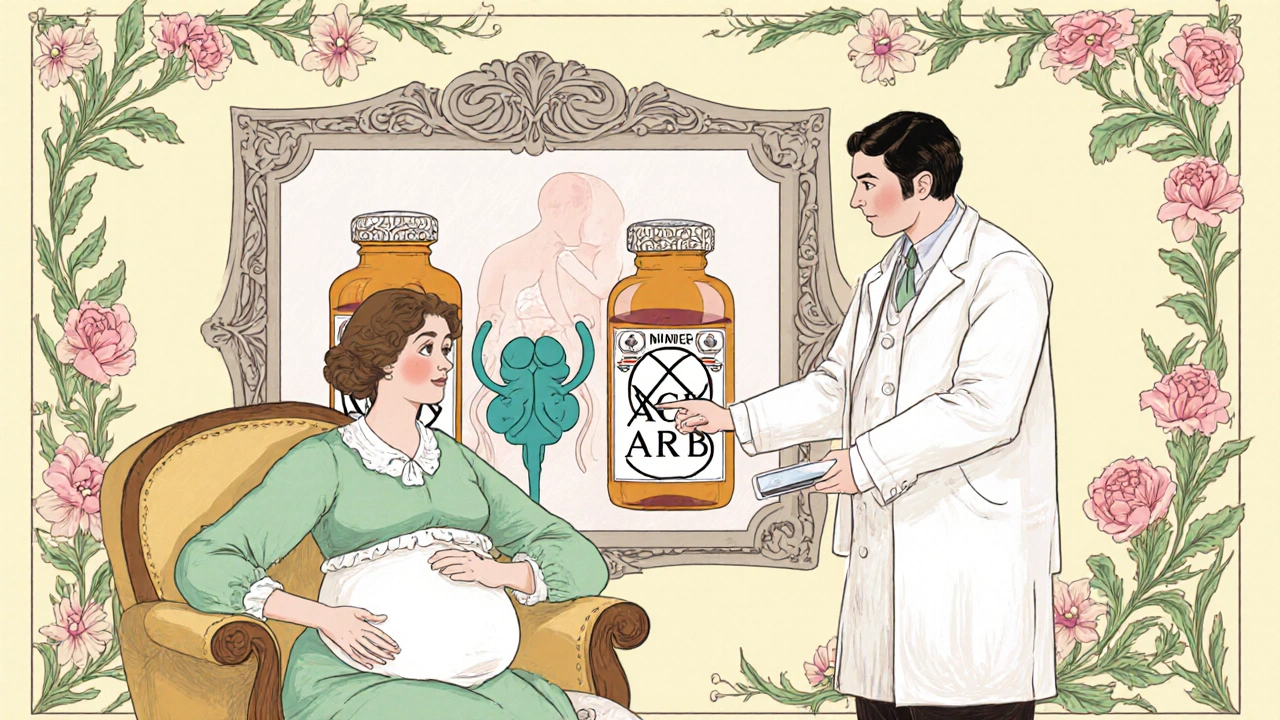Safe Antihypertensives: Best Choices for Lowering Blood Pressure Without Risk
When it comes to safe antihypertensives, medications designed to lower high blood pressure without causing harmful side effects. Also known as blood pressure medications, these drugs are among the most commonly prescribed worldwide because high blood pressure often has no symptoms until it’s already damaging your heart, kidneys, or brain. The goal isn’t just to bring numbers down—it’s to do it in a way that keeps you feeling well, avoids dizziness, fatigue, or kidney issues, and doesn’t interfere with your daily life.
Not all blood pressure drugs are created equal. Some work great for one person but cause problems for another. For example, beta blockers, like metoprolol, slow your heart rate and reduce pressure by blocking adrenaline are often used after heart attacks or in people with arrhythmias, but they can cause tiredness or worsen asthma. On the other hand, calcium channel blockers, such as amlodipine, relax blood vessels without slowing the heart—making them a top pick for older adults or those with angina. Then there’s ACE inhibitors, like lisinopril, which reduce strain on blood vessels by blocking a hormone that narrows them. These are especially helpful for people with diabetes or kidney disease, but they can cause a dry cough in some users.
What makes a blood pressure drug "safe" isn’t just how well it lowers numbers—it’s how it fits your body, your other meds, and your lifestyle. If you’re on multiple drugs, you need to watch for interactions. For instance, mixing certain antihypertensives with over-the-counter painkillers or cold medicines can spike your pressure or strain your kidneys. Some people do better with diuretics—like hydrochlorothiazide—because they help flush out extra fluid, but these can lower potassium too much. Others find that low-dose combinations work better than high doses of a single drug, reducing side effects while keeping control steady.
The safest antihypertensives are the ones you can take consistently without feeling awful. That’s why doctors often start low and go slow, testing how your body responds before adjusting. If you’ve had bad reactions to one drug, there’s almost always another option. You don’t have to live with dizziness, swelling, or constant fatigue just because your pressure is high. The key is matching the drug to your health profile—not just following a template.
Below, you’ll find real comparisons and insights from people who’ve been there—what worked, what didn’t, and which meds are quietly becoming the new standard in hypertension care. No fluff. Just clear, practical info to help you talk smarter with your doctor and make choices that actually fit your life.

Pregnancy Risks of ACE Inhibitors & ARBs and Safer Alternatives
Caspian Mortensen Oct, 26 2025 8Learn why ACE inhibitors and ARBs are dangerous in pregnancy, see the real fetal risks, and discover safe antihypertensive alternatives with step‑by‑step switching guidance.
More Detail